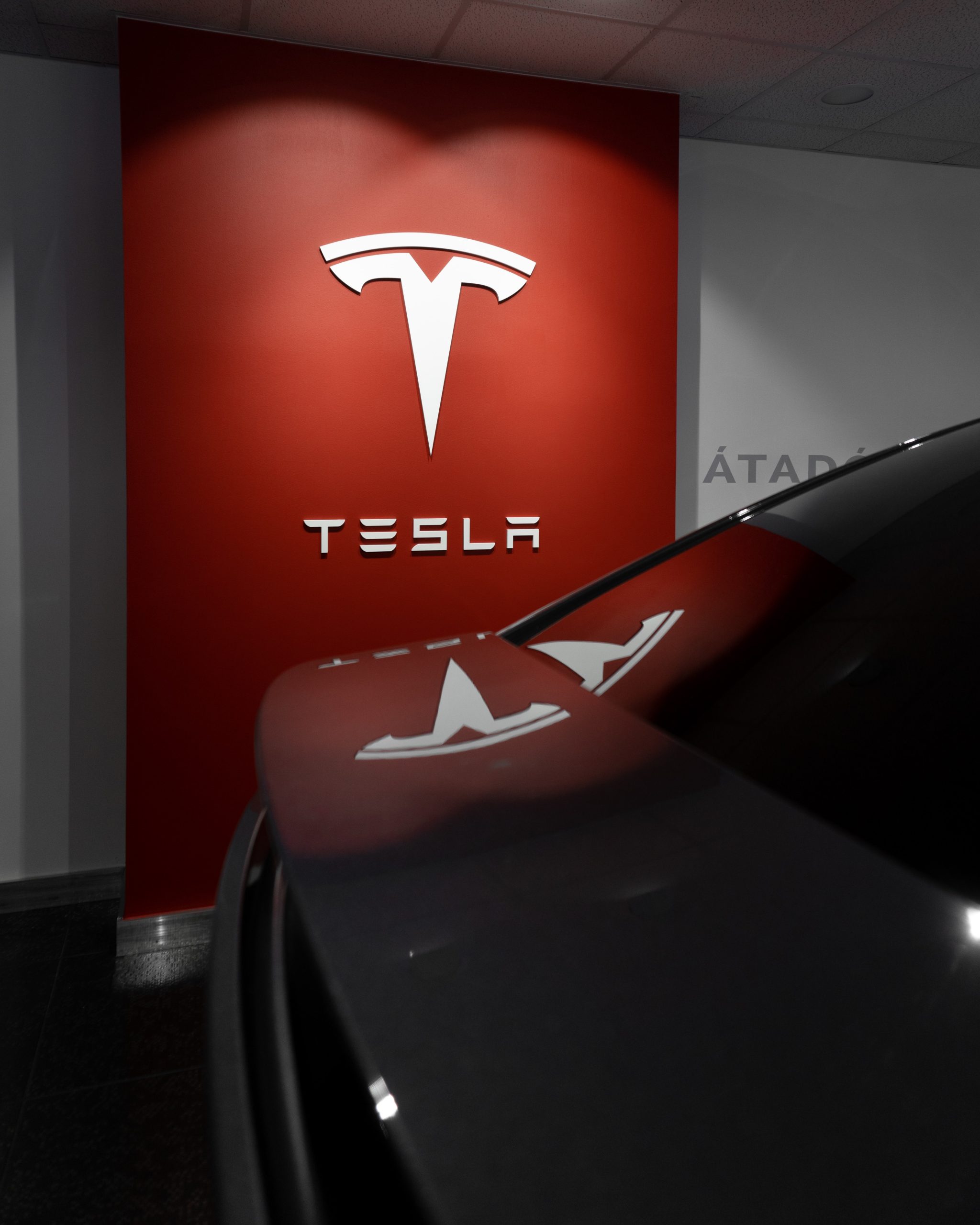- 1 April 2023
- 385
Tesla and Musk’s Union Battle: What It Means for Workers and the Future of Manufacturing

The Tesla and Musk union battle has been making headlines for months, sparking debates about workers’ rights and the future of manufacturing. With Elon Musk at the helm of one of the most innovative companies in the world, this struggle has become more than just a labor dispute; it’s a reflection of how modern-day capitalism operates. In this blog post, we’ll explore what this battle means for workers and how it could shape the future of manufacturing as we know it. So buckle up and get ready to dive into one of the hottest topics in business today!
Tesla and Musk’s Union Battle
Since Tesla’s inception, CEO Elon Musk has been staunchly anti-union. He has gone so far as to call unions “un-American” and claimed that they would make Tesla’s factories “less competitive.” This position is not surprising, given that Musk is a billionaire who owns approximately 20% of Tesla. He has a vested interest in keeping labor costs low and maintaining tight control over the company.
Musk’s anti-union stance was put to the test in early 2017, when workers at Tesla’s Fremont, California factory began organizing with the United Auto Workers (UAW). The UAW is one of the most powerful unions in the country, and has a long history of representing workers in the auto industry. The Fremont factory is Tesla’s only manufacturing plant in the United States, and employs about 10,000 people.
The union drive at Tesla was spearheaded by Jose Moran, a veteran employee who had worked at the Fremont factory for four years. In an open letter published on Medium, Moran detailed the grueling working conditions at the factory and accused Tesla of violating basic labor laws. He also argued that unionizing would helpTesla employees gain better pay and benefits, as well as improve safety conditions at the factory.
In response to Moran’s letter, Musk sent out an email to all Tesla employees in which he denounced unions and urged them to vote against forming one. He also threatened that if the workers unionized, he would have no choice but
What It Means for Workers
As Tesla and its CEO, Elon Musk, battle with the United Auto Workers over whether or not to unionize the company’s factory workers, it’s worth looking at what this fight could mean for workers and the future of manufacturing.
While it’s still early days in the unionization effort at Tesla, if successful, it could set a precedent for other tech companies and manufacturers who have so far managed to avoid unions. This would be a major win for workers, giving them more power to negotiate better wages and working conditions.
It could also have a big impact on the future of manufacturing. If Tesla can prove that unionized factories can still be efficient and productive, it could encourage other companies to follow suit. This could lead to a resurgence in unionized manufacturing jobs in the US, which would be good news for workers across the country.
So far, Tesla has been resistant to the unionization effort, but this fight is far from over. It will be interesting to see how it plays out in the coming months and years, and what implications it has for workers and manufacturing in America.
The Future of Manufacturing
In recent years, there has been much discussion about the future of manufacturing. With the rise of automation and artificial intelligence, many people are concerned about the impact on jobs. Tesla CEO Elon Musk has been a vocal proponent of technology and its potential to improve efficiency in factories. However, he has also been critical of unions, calling them “a relic of the past.”
The conflict between Musk and unions came to a head recently when Tesla workers in Fremont, California voted against unionizing. Some have argued that this is a sign that unions are no longer relevant or necessary. However, others believe that this is simply an isolated incident and that unions will continue to play an important role in the manufacturing industry.
So what does the future hold for manufacturing? It is difficult to say definitively, but it seems likely that automation will continue to increase. This could lead to fewer jobs overall, but it could also create new opportunities for those who are willing to learn new skills. Ultimately, only time will tell how these changes will impact workers and the manufacturing industry as a whole.
Conclusion
Elon Musk and Tesla’s union battle will undoubtedly have far-reaching implications not only for its workers but also for the future of manufacturing more broadly. It is clear that this case has exposed deeper issues in terms of worker rights, particularly with regard to wages and job security. As a result, it will be interesting to see how other industry leaders respond in light of the potential changes that may come following the outcome of this case. Regardless, we can all agree that workers should always have a voice and their hard work should never go unrecognized or undervalued.

